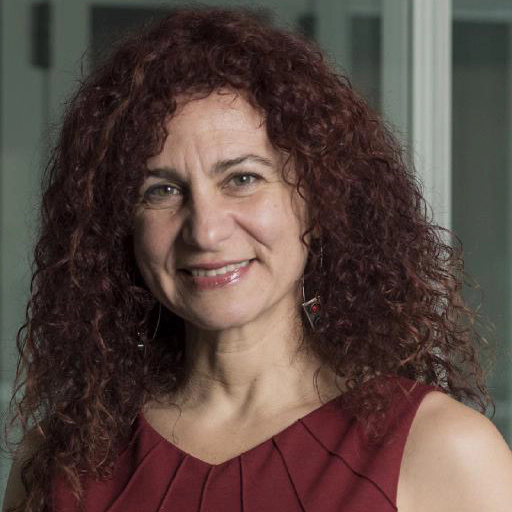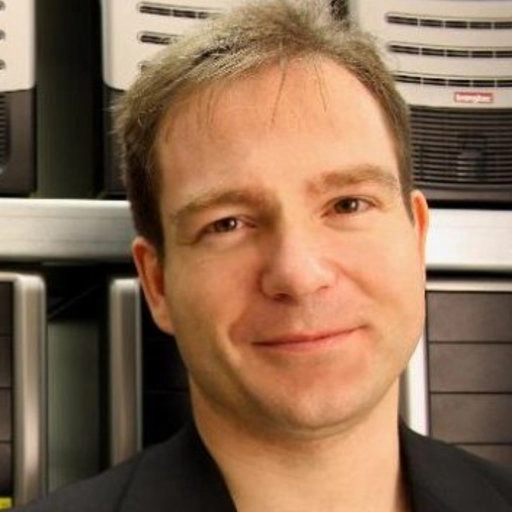Program Committee
Chairs
Jana Giceva
Technische Universität München, Germany
jana.giceva@in.tum.de
Rathijit Sen
Microsoft Gray Systems Lab
Rathijit.Sen@microsoft.com
Eric Sedlar
Oracle Labs
eric.sedlar@oracle.com
Members
TBD
This one-day workshop aims to bring together researchers interested in optimizing database performance on modern computing infrastructure by designing new data management techniques and tools.
The continued evolution of computing hardware and infrastructure imposes new challenges and bottlenecks to program performance. As a result, traditional database architectures fail to utilize hardware resources efficiently. Multi-core CPUs, various accelerators (GPUs, FPGAs, etc.), as well as new memory and storage technologies and interconnects provide great opportunities for optimizing database performance. Consequently, exploiting the characteristics of modern hardware has become an essential topic of database systems research.
The goal is to make database systems adapt automatically to sophisticated hardware characteristics, thus maximizing performance transparently for applications. To achieve this goal, the data management community needs interdisciplinary collaboration with researchers from computer architecture, compilers, operating systems, and storage. This involves rethinking traditional data structures, query processing algorithms, and database software architectures to adapt to the advances in the underlying hardware infrastructure.
We seek submissions bridging database systems to computer architecture, compilers, and operating systems. We also invite submissions for papers on hardware/software co-design for modern data-intensive workloads (including, but not limited to machine learning training and inference, graph analytics, and similar tasks). As these workloads continue to grow in scale and complexity, innovative co-design approaches that tightly integrate hardware architectures and software systems are crucial to achieving breakthroughs in performance, energy efficiency, and scalability. In particular, submissions covering topics from the following non-exclusive list are encouraged:
We invite submissions to two tracks:
Full papers: A full paper must be no longer than six pages, excluding the bibliography. There is no limit on the length of the bibliography. Full papers describe a complete work in data management for new hardware. Accepted papers will be given 10 pages (plus a bibliography) for the camera-ready version and a long presentation slot during the workshop.
Short Papers: Short papers must not exceed two pages, excluding the bibliography. Short papers describe very early-stage works or summaries of mature systems. Short papers will be included in the proceedings, given 4 pages (plus a bibliography) for the camera-ready version, and may be given a short presentation slot during the workshop.
All accepted papers (full and short) will also be presented as posters during a workshop poster session
This year all accepted DaMoN papers will be considered for a best paper award.
We intend to invite extended versions of a selection of DaMoN'26 papers for submission to the VLDB Journal. Extended papers that are accepted to the VLDB Journal will appear in a special section (“Best of DaMoN 2026”) within one of the regular VLDBJ issues.
Paper submission: February 16th, 2026 (11:59pm AoE)
Notification of acceptance: March 30th, 2026 (11:59pm AoE)
Camera-ready copies: TBD, 2026
Workshop: Monday June 1st, 2026
Authors are invited to submit original, unpublished research papers that are not being considered for publication in any other forum. Manuscripts should be submitted electronically as PDF files using the latest ACM paper format consistent with the ACM SIGMOD formatting guidelines to the DaMoN 2026 CMT site, at https://cmt3.research.microsoft.com/DaMoN2026 (available from February 1st onwards). Submissions will be reviewed in a single-blind manner. Submissions that are longer than six pages, excluding the bibliography, will be desk-rejected.
Accepted papers will be included in the informal online proceedings at the website. Additionally, all accepted papers will be published online in the ACM Digital Library. Therefore, the papers must include the standard ACM copyright notice on the first page.
TBD
TBD
Technische Universität München, Germany
jana.giceva@in.tum.de
Microsoft Gray Systems Lab
Rathijit.Sen@microsoft.com
Oracle Labs
eric.sedlar@oracle.com
TBD

EPFL, Switzerland
anastasia.ailamaki@epfl.ch

CWI, Netherlands
boncz@cwi.nl

CWI, Netherlands
stefan.manegold@cwi.nl

Columbia University, USA
kar@cs.columbia.edu
The Microsoft CMT service was used for managing the peer-reviewing process for this conference. This service was provided for free by Microsoft and they bore all expenses, including costs for Azure cloud services as well as for software development and support